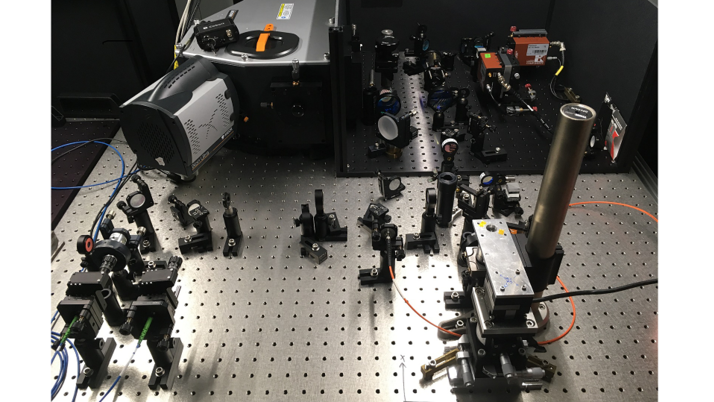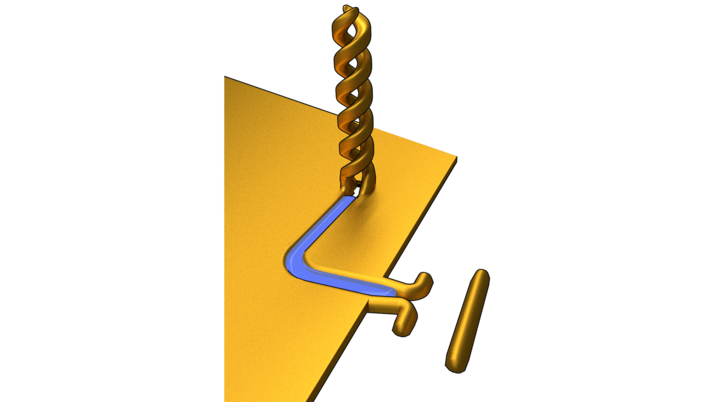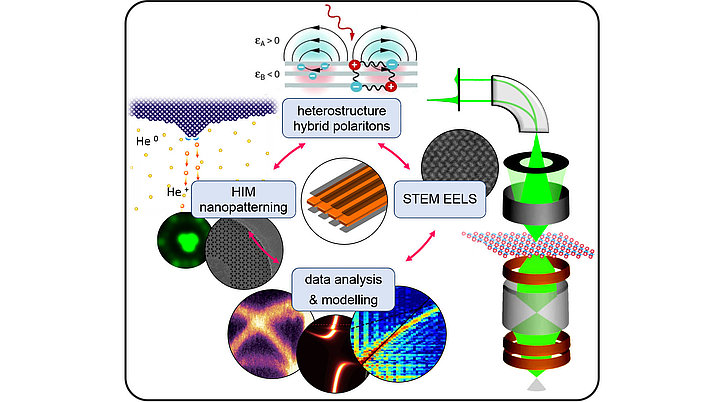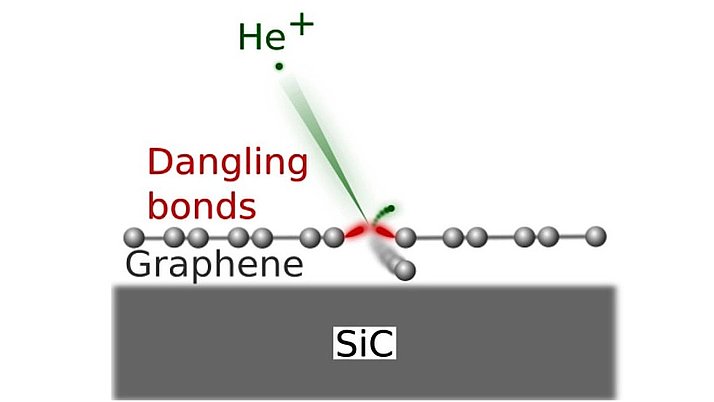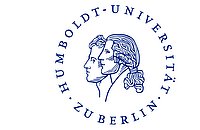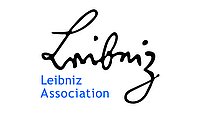Photonic Quantum Technologies
The Joint Lab Photonic Quantum Technologies develops optical chip-based quantum devices that can be directly interfaced with optical fibers. Chip-integrated optical components, such as waveguides, directional couplers, optical circulators and resonators, constitute the technological platform for the required low-loss, nonlinear optical quantum devices. The fabrication is based on lithographic processing of dielectric materials such as silica on silicon, silicon carbide and gallium phosphide, combined with direct write techniques using focused laser beams, electrons and ions.
Our research combines two recent breakthroughs at the frontier of quantum optics and nanophotonics: (i) ultra-strong quantum optical nonlinearities and (ii) nanofabricated optical waveguide chips that permit high-level control of light confinement and propagation.
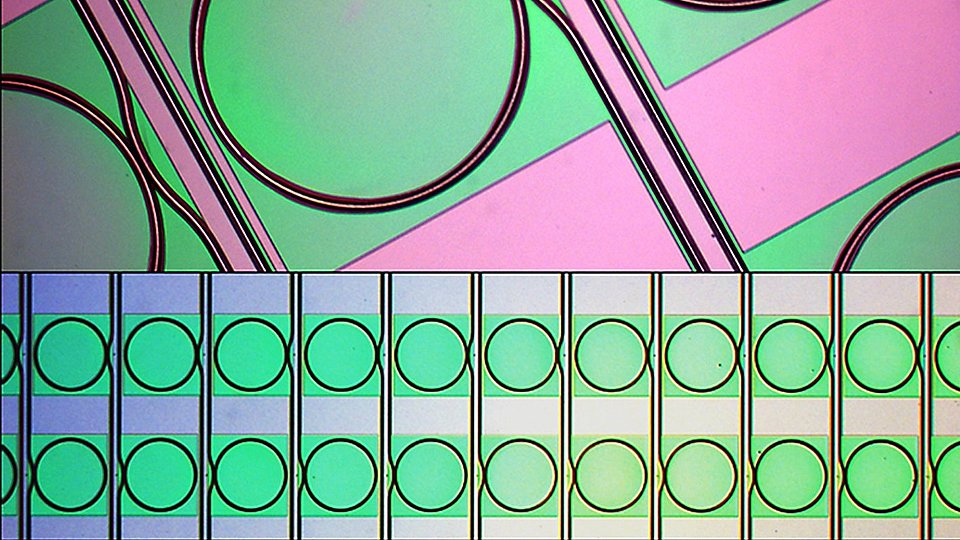
Ultimately, ultra-strong optical nonlinearities shall be co-integrated in a quantum chip. The conceptually simplest type of quantum nonlinearity arises when two photons simultaneously interact with a two-level quantum emitter that is strongly coupled to the optical mode containing the photons. To achieve strong coupling, we employ on-chip optical microresonators with high quality factor and small mode volume. Therewith, this approach aims at laying the foundations for a scalable quantum-enabled optical device technology realizing, e.g., nondestructive photon-number-resolving detectors, configurable photon-number-specific filters and sorters, or error-proof Bell-state analyzers for entangled photon states.
Current Projects
The projects address different aspects of our research in collaboration with internal and external partners.
The Joint Lab Photonic Quantum Technologies is part of the research area Integrated Quantum Technology at FBH and is operated jointly by FBH and the Fundamental of Optics and Photonics group headed by Prof. Arno Rauschenbeutel at Humboldt-Universität zu Berlin.
